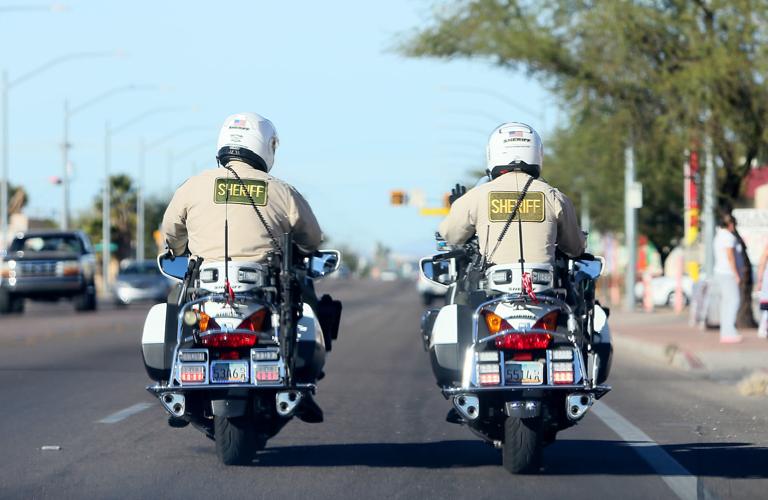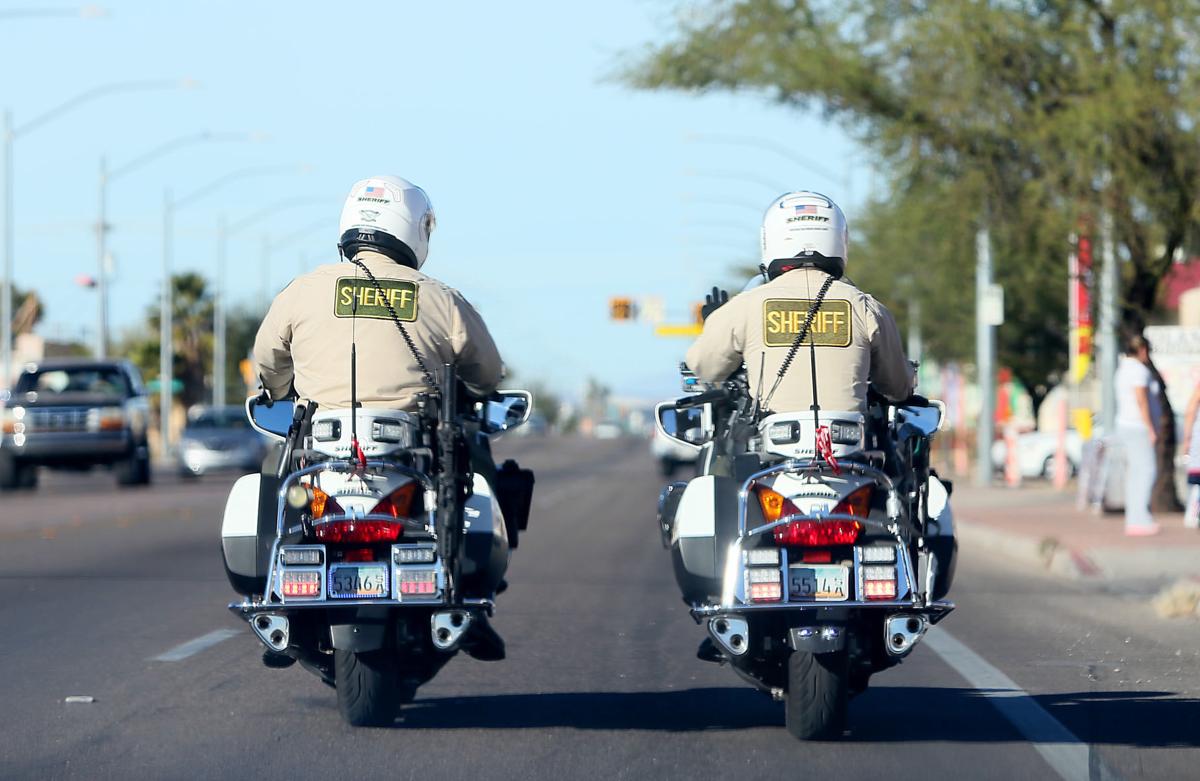Pima County Administrator Chuck Huckelberry is proposing a $1.34 billion budget for the coming fiscal year, a plan that includes a 12-cent total property tax reduction and countywide raises.
That budget is 6.1 percent larger than last year’s, according to a recent memo from Huckelberry.
As proposed, the combined rate for the five separate property taxes the county controls would be $5.86 for every $100 of taxable value. The current rate is $5.98. Those figures do not include school or fire district property taxes, which the county does not control. The most sizable drop is in the county primary property tax, while a modest drop is proposed for the secondary rate and modest increases for the library and regional flood-control districts.
For a home worth $194,742 — the current county median according to Zillow — that would spell a tax bill of $1,141, down a little more than $23 for a property of the same value this year. However, because property values are expected to rise an average of 1.3 percent over the next year, some homeowners may not see any property-tax savings. New construction added another 1.9 percent to the tax base.
The supervisors must approve any final budget, and will do so June 19. Because the Legislature has not approved a final budget, there could be county impacts that require changes before final adoption. An additional $2.6 million in county contributions to the Elected Official Retirement Plan could come, which would be covered by an increase in the proposed primary rate.
Huckelberry’s proposal includes an across-the-board 2.5 percent raise for all eligible employees, as well as more substantial raises for some sheriff’s deputies and corrections officers.
Upon completion of trainee status, new deputies and correction officers will move to a higher base wage — $23.50 and $19.50 respectively. Beyond the 2.5 percent raise for all county employees, more experienced qualifying deputies and corrections officers will also get an additional 5 percent raise in early 2019.
In exchange for the raises, Sheriff Mark Napier has told Huckelberry he will not seek additional raises in fiscal year 2020, according to the memo. He clarified that the deputies’ union and other organizations could still push for raises independently.
Napier told the Star the raises in the budget plan will help with recruitment and retention. He also said the longer-term plan is to transition to a merit-based pay plan by fiscal year 2021. Many deputies have been critical of the abandonment of a previous step-pay system, which provided annual raises to many employees. It has been defunct since the Great Recession, and several deputies are currently suing the county over its termination.
“The Sheriff’s Department has not conducted performance evaluations in many years,” Napier wrote in a February memo describing the merit proposal. “Part of a merit-based approach to compensation must include performance evaluation, with an expectation of solid performance.”
“We should be encouraging and welcome performance feedback,” Napier said of the proposed transition. “It’s not a threat, and it’s not threatening.”
The new deputy and corrections officer pay hike will be covered by savings at the department, while the so-called retention incentives for more experienced officers is not included in the budget, but will be by the time the board considers tentative budget adoption May 22.
With a 3-2 vote last summer, the supervisors approved a 25-cent road property tax whose $19.5 million in proceeds have been dedicated to road repair in incorporated and unincorporated areas alike.
This time around, Huckelberry is proposing that a unanimous vote be required to extend the property tax another year. That would put it on equal footing with a proposed county sales tax, which also requires a unanimous vote, an unlikely prospect given the hard opposition from Supervisor Ally Miller. The sales tax is estimated to generate $887 million over 10 years, dramatically outstripping the property tax.
“The two supervisors whose districts benefit the most from this tax voted against it,” Huckelberry wrote about last year’s road property tax vote. “However, despite these negative votes, the remainder of the board made the difficult decision to adopt the levy despite their district’s lesser benefits.”
“Political grandstanding on the serious subject of road repair should not be tolerated by the board,” he added.
Miller did not respond to a request for comment. Supervisor Steve Christy, the other Republican “no” vote, did not provide comments on the proposal after reviewing it Friday. He is supportive of a sales tax for road repair, and previously put forward his own sales-tax-funded roads plan.
Supervisor Sharon Bronson said her strong preference is for a sales tax, whose revenues she feels are actually up to the task of getting roads back to fair condition. She described the state of roads as a “regional problem” that “requires a regional solution. And the Board of Supervisors should recognize this as a body, and be able to have a political will.”
Supervisor Richard Elías was skeptical of the idea of requiring a unanimous vote for the road property tax renewal, saying it’s currently the only source of funding for local road repair. If a unanimous vote was not achieved, the tax — and the work it’s slated to pay for — would end. As to the county raises, he would rather have seen staggered raises that more heavily benefit lower-paid employees.







